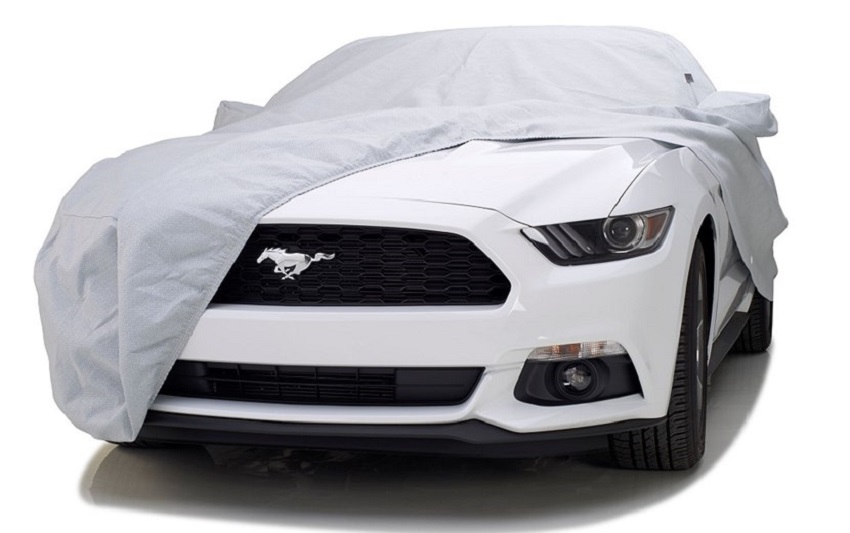Purchasing a pre-owned vehicle has a few advantages and disadvantages. It is cheaper than a new car, for starters, so it is more accessible to buyers with lower credit scores. In addition, the monthly payments for a pre-owned vehicle will be less than a new one, and you will have a shorter lease term. Pre-owned cars are also cheaper to insure, as the insurance policies are often for a shorter period.
Cost
When considering the cost of purchasing a car, buying a pre-owned vehicle at Freedom Motors is a great option. Pre-owned vehicles offer several benefits, including lower insurance premiums and a smaller monthly payment. You can also pay off your loan before the term expires, eliminating the need for loan interest. In addition, avoiding the loan’s goods will save money on other expenses. You’ll also have a more comprehensive selection of cars than a brand-new vehicle.
The most obvious benefit of buying a pre-owned vehicle is lower car costs. You’ll save money by paying less for repairs and maintenance. Additionally, you’ll be driving a car that has been inspected by a mechanic, making it easier to assess its condition. Many pre-owned vehicles also come with extended warranties and 200,000-mile warranties. And since pre-owned cars are often used, you’ll have the added benefit of lower insurance and maintenance costs.
The cost of a certified pre-owned vehicle is lower. A Toyota dealership has inspected this type of pre-owned vehicle. It typically costs 25% less than the newest version of the exact vehicle. If you’re looking for an affordable and high-quality automobile, consider purchasing a certified pre-owned Toyota.
Durability
If you are looking to buy a car, buying a pre-owned one may be your best bet. These vehicles are often cheaper than brand-new vehicles, and many come with warranties and extended warranties. There are even certified pre-owned vehicles with extended warranties and manufacturer warranties. While they are usually more expensive than other pre-owned vehicles, these cars have been extensively checked and spruced up.
Buying a pre-owned vehicle can also save you a lot of money on fuel. The prices for used cars vary greatly, and are determined by the make, model, year, and condition. Generally, well-maintained vehicles are more reliable and require fewer repairs. If you are unsure about the car’s condition, Edmunds recommends doing your research and negotiating with the seller.
Warranty
When buying a pre-owned vehicle, you’re likely to face several decisions. Of course, you want to buy a car that will last for years, but it’s also essential to understand your options. A certified pre-owned vehicle (CPO) comes with a warranty that mirrors the original manufacturer’s powertrain and bumper-to-bumper coverage. It’s essential to understand the specifics of this warranty before signing on the dotted line. You’ll also want to consider whether you’ll get the car covered under warranty or not.
Pre-owned vehicles come with various warranties, ranging from essential to comprehensive coverage. A manufacturer’s warranty covers a specific number of defects and is usually included in the price of the car. In most cases, this warranty is limited to a particular period and the number of miles the vehicle has driven. In addition, it’s only valid if the pre-owned vehicle was bought as a new or almost-new unit from a certified manufacturer.
Used car warranties must include details on who’s responsible for repairs and what components are excluded. You should be aware of the terms of any contract with a third-party warranty company and its administrator. If there’s no warranty, you might be in for a nasty surprise when you find out that your car doesn’t work the way you expected it to.


